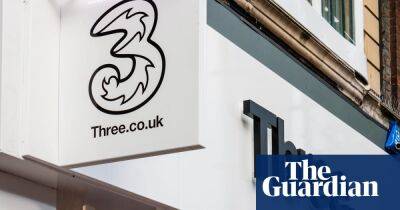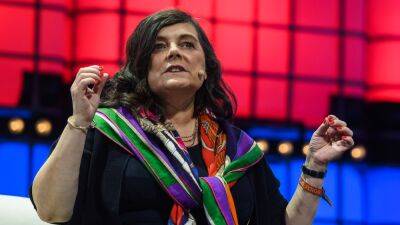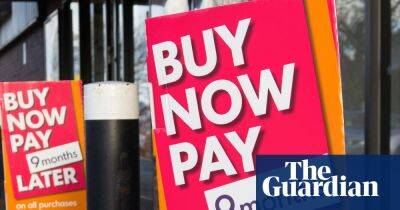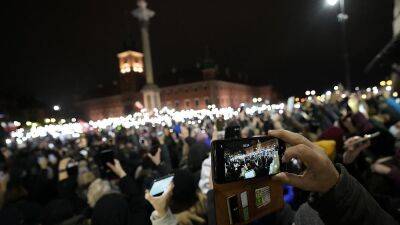Struggling to pay at the supermarket till, I felt that childhood shame flooding back
Our bank card has been declined at the supermarket. It’s no big deal – a glitch. But I’m experiencing flight-or-fight responses: heat rising up my neck, my heart thundering. I can’t meet the cashier’s eye.
The rational part of my brain understands that this is idiotic. I recognise that knowing we definitely have money in the account is an entitlement in itself. But the irrational part is shuttled back to the many, many times in my childhood and teens when there was never enough cash. Back to carefully counted stacks of two- and five-pence pieces, often hunted out of the back of the sofa or rattled from mostly empty piggy banks.
My middle-class husband smiles, shrugs, apologises to the people waiting behind us and taps the card again. Perhaps “middle-class” and “comfortable” are often used interchangeably because, among other things, they mean you will never feel the extreme discomfort of reliving the echoes of poverty well into your 40s. When we leave, I am almost in tears. “What must they think of us? And we were buying baby food!” My husband is kind, but bewildered. As well he might be.
Often, this scarcity mindset will knock me right back to my time in the 80s living on council estates, where the corner shops had metal grilles in front of the booze, fags and cash, and a sign saying “Do not ask for credit”. I grew up knowing that, although everyone where we lived was poor, admitting it was worse than enduring it. And I still feel this way.
There were times in my 30s when I was an award-winning author writing about poverty, yet almost homeless, down to my last tenner, and not a soul, not even my closest friends, knew. Instead, I did whatever work I could find – memorably, coercing pensioners to answer fitness surveys in a
Read more on theguardian.com














![LINK [Chainlink] is back but there is a major roadblock for investors ahead - ambcrypto.com](https://finance-news.co/storage/thumbs_400/img/2022/6/7/28623_i2rz.jpg)



